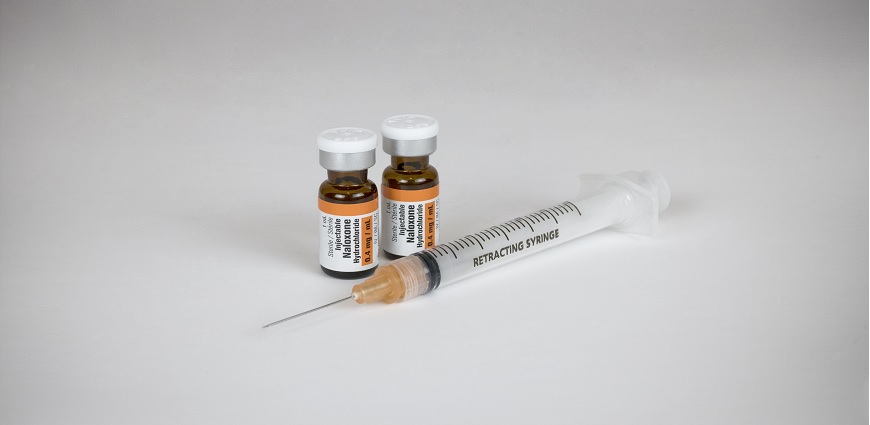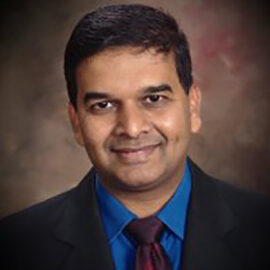
A variety of drugs and drug combinations carry the risk of overdoses; however, opioid overdoses do not have to be fatal. Naloxone is a safe medication proven to reverse opioid overdoses.
If you suspect someone you know is experiencing an opioid overdose, call 911 immediately.
How To Recognize An Opioid Overdose
In some cases, the use of Naloxone or Narcan can save someone’s life before first responders can arrive. It is crucial to call 911 for further medical intervention as Naloxone can wear off in about an hour, leaving the person vulnerable to an overdose.
An opioid overdose occurs when opioids have blocked the brain’s receptors. Signs of an overdose can occur anywhere from 20 minutes to 2 hours after use and include:
- Pinpoint pupils
- Slowed, shallow, erratic, or a lack of breathing
- Unresponsiveness
- Limp arms and legs
- Vomiting or gurgling
- Slowed heart rate
What is Naloxone?
Naloxone works by knocking the opioids out of the receptors in the brain, temporarily undoing the harmful effects of opioids. The medication reverses the effects of opioid drugs, including:
- Heroin
- Morphine
- Oxycodone
- Fentanyl
- Hydrocodone
- Codeine
Where to get Naloxone
Naloxone is available without a prescription in all states, including California. The local CVS, Walmart, and Walgreens should carry Naloxone or be able to order it for you in two FDA-approved formats, the nasal spray (Narcan) and an auto-injector (Evzio).
Many insurance plans will help cover the cost of naloxone medication. Additionally, many community clinics, health centers, and nonprofits may have Naloxone at a free or reduced charge.
A few reasons to consider carrying naloxone include:
- If you or a loved one has a prescription for opioid drugs
- If you or someone you know has an opioid use disorder or history of misuse
- If you or someone you know has recently completed opioid addiction treatment
- If you are a concerned citizen wanting to be ready in the event of an emergency.
It is important to understand how to administer Naloxone properly; however, as most accidental overdoses happen in home settings, Narcan is designed for family, friends, and caregivers with no specialized training.
We are here to help with medication-assisted treatment in combination with counseling and behavioral therapy. If you or a loved one has fallen into addiction, please contact Project Hope at (707) 387-1631.

